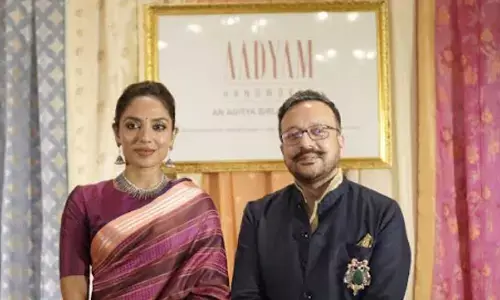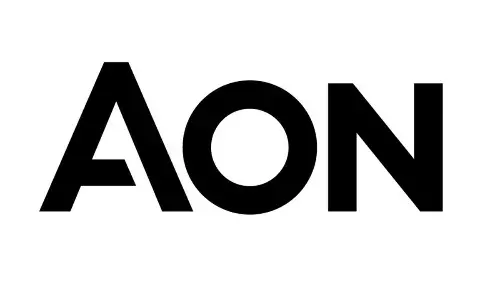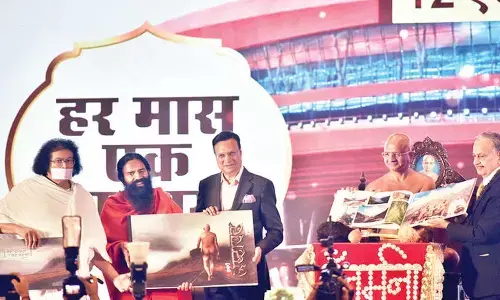Whither the idea of a university

Both the Telangana and the Andhra Pradesh governments are busy evolving a policy for promoting university education in the private sector.
Both the Telangana and the Andhra Pradesh governments are busy evolving a policy for promoting university education in the private sector.
Perhaps, this is the apt moment to reflect on the idea of a university so as to assess how far the policy change would fit into the vision of a university.
Universities are supposed to be the commanding heights of intelligentsia. Universities have to play the role of social critics.
The products of university education should be the public intellectuals who can seek explanations for public actions rather than act as the passive recipients of information.
As the first Prime Minister of India, Jawaharlal Nehru, pointed out, universities stand for humanism, tolerance, adventure of ideas and onward march of human civilisation.
However, it remains a fact that universities even in the government sector have failed to live up to these lofty ideals for which the concept of a university stands for.
The erosion of the character of a university in the public stream need not justify abandonment of the idea itself.
Often, the policy makers confuse the universities with polytechnics. Polytechnics impart skills. But, universities raise fundamental questions on the existing knowledge to make original additions to knowledge of both natural and social phenomena besides transmitting generated knowledge from one generation to the other.
Why does the university matter? It matters because, says Sabyasachi Bhattacharya, Distinguished Professor, Tata Institute of Fundamental Research (TIFR): “the university represents the idea of pluralism, an inclusive approach to the oppressed communities, tolerance of diversity of views, and the possibility of argumentation without resort to coercion and violence”.
In fact such an idea of a university flows from the argumentative tradition deeply embedded in Indian civilisation.
A reiteration of this idea is essential especially in the wake of the developments and debate thrown up in the universities in Delhi and Hyderabad.
The fundamental question that often comes to the fore while debating on the policy to encourage private universities is whether such varsities promote social exclusion or social inclusion.
Notwithstanding the pathetic decline in academic standards, the public universities still provide equal opportunities for a vast number of socially marginalised and economically deprived communities.
The inherent profit motive and the consequent prohibitive cost of pursuing education in private universities raise serious concerns over inclusive character of higher education when it is opened for market forces.
The idea of a university is intimately connected with the idea of democracy. The cementing factors that bind them together in a conceptual framework are pluralism and tolerance and adventure of ideas that freedom provides for.
Universities are an anti-thesis to predatory politics. This is evident from the fact that some of the finest leaders of Indian independence struggle, South African liberation movement etc., sprang from the protests of universities. The varsities were centres of anti-emergency struggle in India or American civil rights movement.
Such an understanding of the idea of a university is routed in the philosophical doctrine that intellectual enterprise requires autonomy.
“To question or not to question” should never be the question in a liberal democracy. Autonomy is essential for the intellectual enterprise to question the status quo.
Thus, the universities like the other institutions of democracy like media should perform the critical adversarial function and an agenda-setting function. Otherwise, democratic societies would be robbed of their character of being self-correcting institutions.
Universities aid the democratic societies in this regard. The historical evolution of universities indicates the relevance of the autonomy of these intellectual enterprises.
Universities should be autonomous from the political power. Rabindranath Tagore called the university “The Swaraj of the mind.”
The moot question, therefore, is will the corporate ownership that provides universities a financial autonomy from government ensure freedom of mind?
What is a university? In 15A American Jurisprudence 2d (The legal encyclopedia of American law) "University" has been defined as “University is an institution in which the education imparted is universal, embracing many branches, such as the arts, sciences, and all manner of higher learning…”.
The primary apprehension over this policy change is that privatisation of universities endanger this universal character of a university accepted and acknowledged the world over.
Precisely because, the free market drives the system towards profit-making courses rather than embracing all branches of knowledge irrespective of financial return.
In the New Encyclopedia Britannica (15th ed) "University" has been described as follows: (Page 186) The university's basic traditional functions remain unchanged enabling students to realise their intellectual and creative abilities and encouraging them to become humane and responsible people.
The university expands knowledge across the entire spectrum of disciplines, and it can add to the understanding and enjoyment of life. It continues to be needed for imaginative solutions to the problems of society.
It’s true that universities in government stream have not been performing such a coveted role. But, this does not negate the very idea of a university.
How far can the free market-inspired teaching shops provide this intellectual space for students? How far can the private universities ensure such a meaningful social connect?
The report of the University Education Commission headed by Dr S Radhakrishnan (1948), in Chapter II and Para 2 of Part I, stated, "Universities as the Organs of Civilization He indeed must be blind who does not see that, mighty as are the political changes, far deeper are the fundamental questions which will be decided by what happens in the universities.
Everything is being brought to the test of reason, venerable theologies, ancient political institutions, time-honoured social arrangements, a thousand things which a generation ago looked as fixed as the hills.
If India is to confront the confusion of our time, she must turn for guidance, not to those who are lost in the mere exigencies of the passing hour, but to her men of letters, and men of science, to her poets and artists, to her discoverers and inventors.
These intellectual pioneers of civilization are to be found and trained in the universities, which are the sanctuaries of the inner life of the nation."
Can the market-driven universities that often commodify higher education create intellectual pioneers who offer guidance for society?
The greatest scientist of 20th century, Albert Einstein, said: “the century is marked by perfection of means and confusion of ends. The private universities with their resources can certainly provide perfection of means.
Of course, all private universities may not. But, the confusion of ends remains a relevant question in a free market.
The eminent collapse of standards and deep erosion of the noble objectives in government-run university system made this question largely irrelevant.
But, such deficiencies of current epoch can not dilute the very objectives postulated for the universities by the philosophers of education.”
As Dr D S Kothari Commission (1961) observed in the concluding part of chapter -1, “The function of the university is not only to preserve, disseminate and advance knowledge but also to furnish intellectual leadership and moral tone to society.”




















